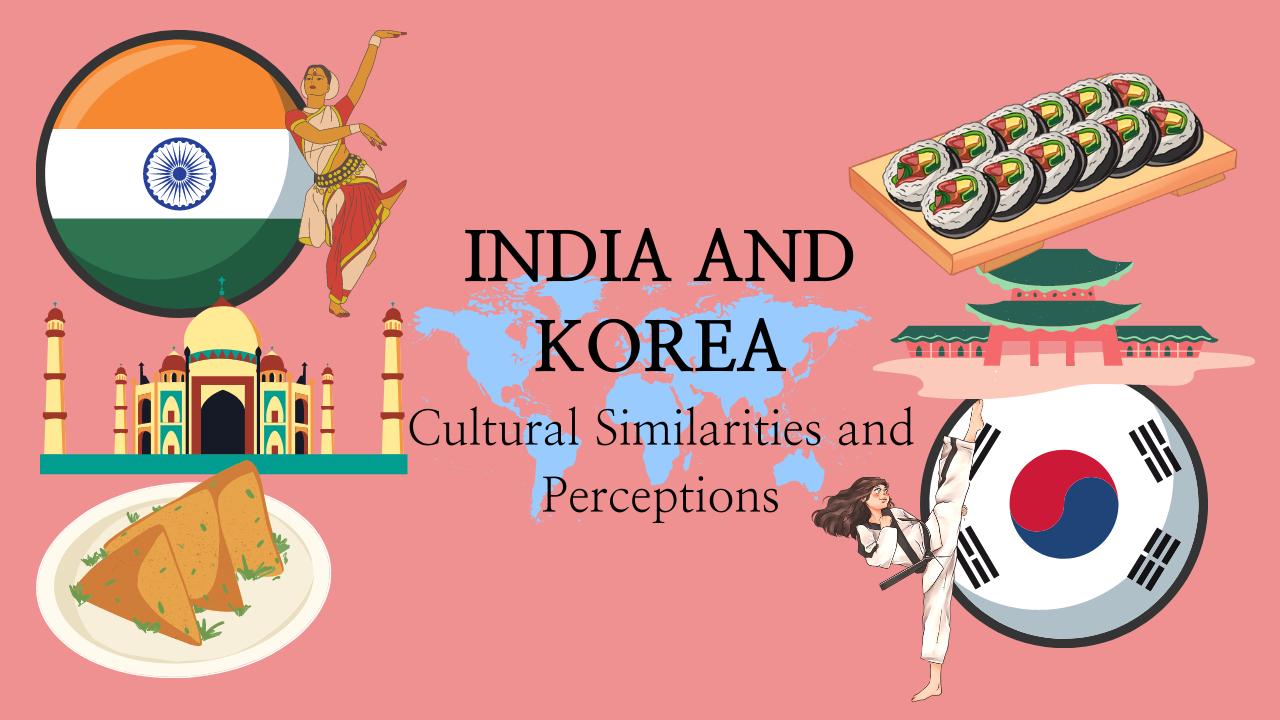The landscape of the perennially dynamic job market has been witnessing a fascinating shift in the nature of jobs that have emerged and gained popularity in recent years. The world is no longer just for traditional medical practitioners, lawyers or accountants but is much rather thriving on new age occupations like social media influencers, content reviewers and more as the new mainstream. In fact, the Tiktok generation has also brought along with it some of the quirkiest career paths to the forefront.
One of the most talked-about job phenomena in recent years is the whole “OnlyFans” gamut, and the sale of weird merchandise via OnlyFans like feet photos (known as ‘feet pics’) or other kinky products like soiled undergarments which has been one of the money spinning choices of youth today. Social media advertisements on apps like TikTok and Instagram also have been promoting another bizarre way to generate an income, which is through the sale of fecal matter to microbe research companies for as high as $500 dollars per stool.
Treading on a similar path is the rising profession of “sugar babies” wherein individuals, primarily women enter into mutually beneficial relationships with wealthier partners, who are predominantly elderly male, to provide companionship and intimacy in exchange for their financial support and gifts. Several extended versions of these include employment at a host bar, a concept popularized in Japan (perhaps emerging from the age-old Geisha legacy) wherein customers, primarily men, flock in to enjoy a few drinks while immersing themselves in deep conversations and cozy company with the bar employees.
Why go beyond 9 to 5: The socio-anthropological perspective

Source: Swift Salary
The shaky uncertainties of traditional careers?
Traditional careers often come with the risk of layoffs, downsizing, or industry changes, leading to job insecurity. The rising costs of living, student loan debt, and economic instability can create significant financial stress. In search of additional income or unique opportunities for financial gain, individuals may be drawn to unconventional occupations that offer the potential for higher financial rewards. Microbe companies and research labs are on the lookout for large population samples for their product development purposes. This leads to a win-win opportunity as individuals to make a side hustle by selling their fecal matter or by contributing their time and cooperation for research.
Individual self expressions and changing perceptions of success.
In a world saturated with mass-produced products and experiences, there is an increasing desire for unique and differentiated offerings. As society becomes more accepting of diverse identities and lifestyles, individuals are empowered to explore and express their true selves. Employment at an exhibitionist Japanese host bar or the sale of adult content like feet pictures may seem unusual, yet, in its core essence, it is a mere reflection on the diverse portrayal of human desires.
Occupations can hold symbolic significance and contribute to individual and group identity formation. Quirky occupations allow people to align their passions and interests with their work, offering a platform for self-expression and individualism. The pursuit of unique jobs provides a sense of authenticity and personal fulfillment, which is highly valued in contemporary society.
In fact, traditional notions of success which predominantly centered around stable careers and societal approval have changed over time. The 2022 Deloitte survey of Millenials and Gen Zs revealed that contemporary generations prioritize concerns on resolving stress and burnout, financial anxiety and eventually on finding a work-life balance with purpose-driven endeavors. This shift in perspective has fueled the rise of unusual occupations, as individuals seek unconventional paths that align with their own definitions of success.
Shifting power structures and cultural relativism through diversity:
The pursuit of quirky and weird occupations can be seen as a form of resistance against dominant power structures. Anthropology acknowledges the existence of power differentials and how they shape social hierarchies. By opting for unconventional careers, individuals challenge traditional power dynamics and norms that have historically limited occupational choices. These choices can empower individuals and allow them to reclaim agency in shaping their own lives. The emergence of the sugar baby culture may seem as an obvious answer to loneliness however it is much more than that. This workable arrangement with fewer emotional strings attached can be attributed to the growing disparity in wealth and the changing societal attitudes towards relationships as transactional arrangements. A lot has changed from the time women were once slut-shamed and shunned as “gold diggers” for having a calculative or materialistic perspective on love. Just as most men over the years unabashedly have been demanding for partners with unrealistic beauty standards like ‘hour-glass’ body figures, women today feel there is no shame or guilt in looking for rich partners who can monetarily compensate for their beauty and time. Today several young women proudly identify as “sugar babies” who charge a hefty sum for their time and intimacy shared with their partners who identify as “sugar daddies”’.

Source: Newsweek
Not just that, but as societies become more interconnected and globalized, cultural boundaries blur, and diverse perspectives are celebrated. This cultural relativism allows for the acceptance and exploration of unconventional occupations that were previously stigmatized. This era of social isolation has also given rise to unique career options like professional cuddling. Professional cuddling as a job highlights the profound human need for connection and physical touch. These cuddlers offer platonic cuddling sessions as a means to alleviate stress, anxiety, and loneliness. The popularity of this occupation can be attributed to the growing recognition of mental health concerns and the importance of nurturing human connections.
The TikTok driven performative culture
The rise of the “reels culture” on TikTok and Instagram has transformed the way people present themselves on social media and engage with others. Anthropologically, this shift can be seen as a form of performative culture, where individuals curate their identities and lifestyles for public consumption. Off-beat career paths provide opportunities for individuals to create visually appealing and captivating online personas, attracting attention and validation from virtual communities.
Technological advancements and digital platforms
The advent of technology and the internet has dramatically expanded the job market and created new opportunities. With the rise of virtual events and the limitations imposed by distance, people are now hiring individuals to attend weddings on their behalf to engage with the couple and guests via video conferencing. This innovative profession reflects our increasing reliance on technology for connectivity and the desire to maintain social connections even in physically distant situations. Online platforms have facilitated the connection between niche markets and individuals with specialized skills or interests. This has allowed for the emergence of unique professions that may have previously been inaccessible or unrecognized. OnlyFans’ protective platform providing autonomous accessibility to a market catering to people’s specific fetishes with uncompromised user privacy by anonymity empowers people to freely monetize via OnlyFans. The digital landscape has made it easier for people to monetize their passions and find audiences interested in their niche offerings.
Conclusion:
Looking ahead, it is likely that the trend of off-beat job profiles will continue to evolve as society progresses. The Covid-19 era, for instance, brought with it an entire shift in the way people perceive workflow and working spaces, thereby leading to a new dimension of working trend called “digital nomads”. The influence of technology, changing cultural norms, and individual aspirations will shape the future of work. We can expect to see further diversification of career choices, the emergence of new niche markets, and the continued exploration of unconventional avenues for income generation.

Digital Nomad, Source: The HubSpot
To make the best of these trends and cope with the evolving nature of work, it is crucial for educational institutions and training programs to equip individuals with the skillset to adapt and embrace lifelong learning to stay relevant and thrive. It is also imperative to establish ethical guidelines and regulations for unconventional jobs to ensure the well-being and protection of individuals involved. This includes addressing issues such as consent, privacy, fair compensation, and appropriate working conditions.
In this manner, society can harness the potential of off-beat job profiles and create an environment that values diverse career choices, supports individuals in their pursuit of unconventional paths, and maximizes the benefits of this evolving phenomenon






